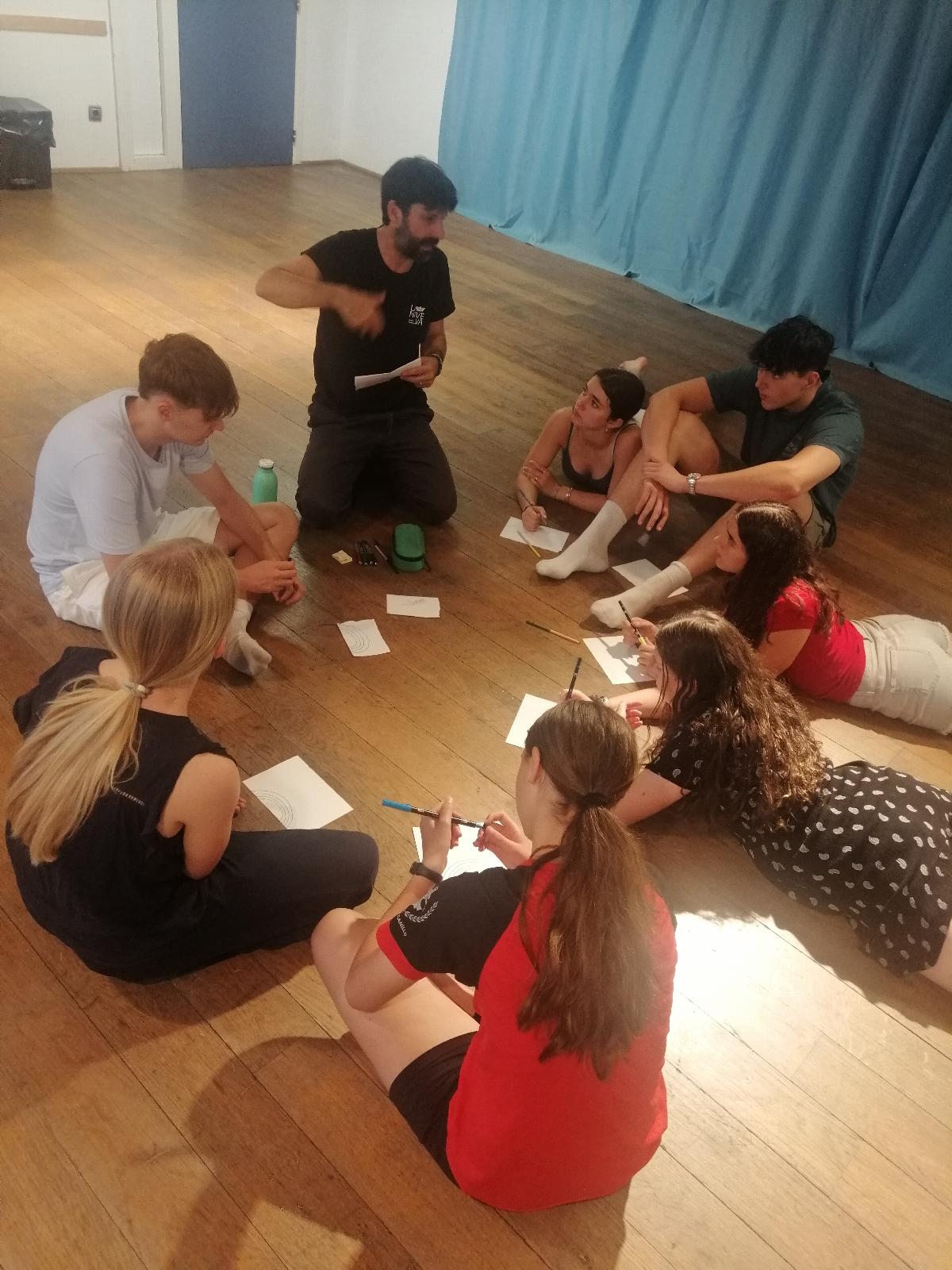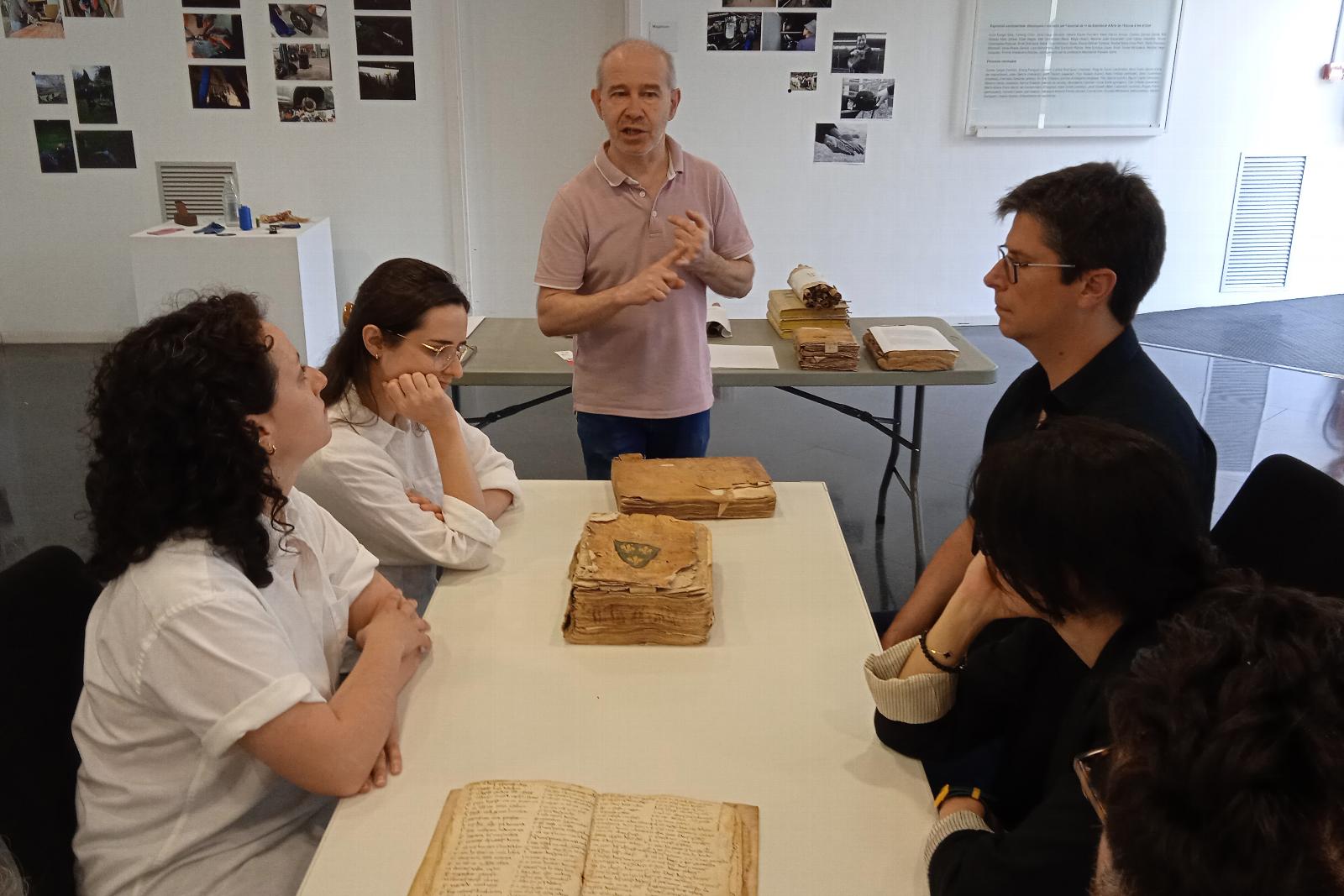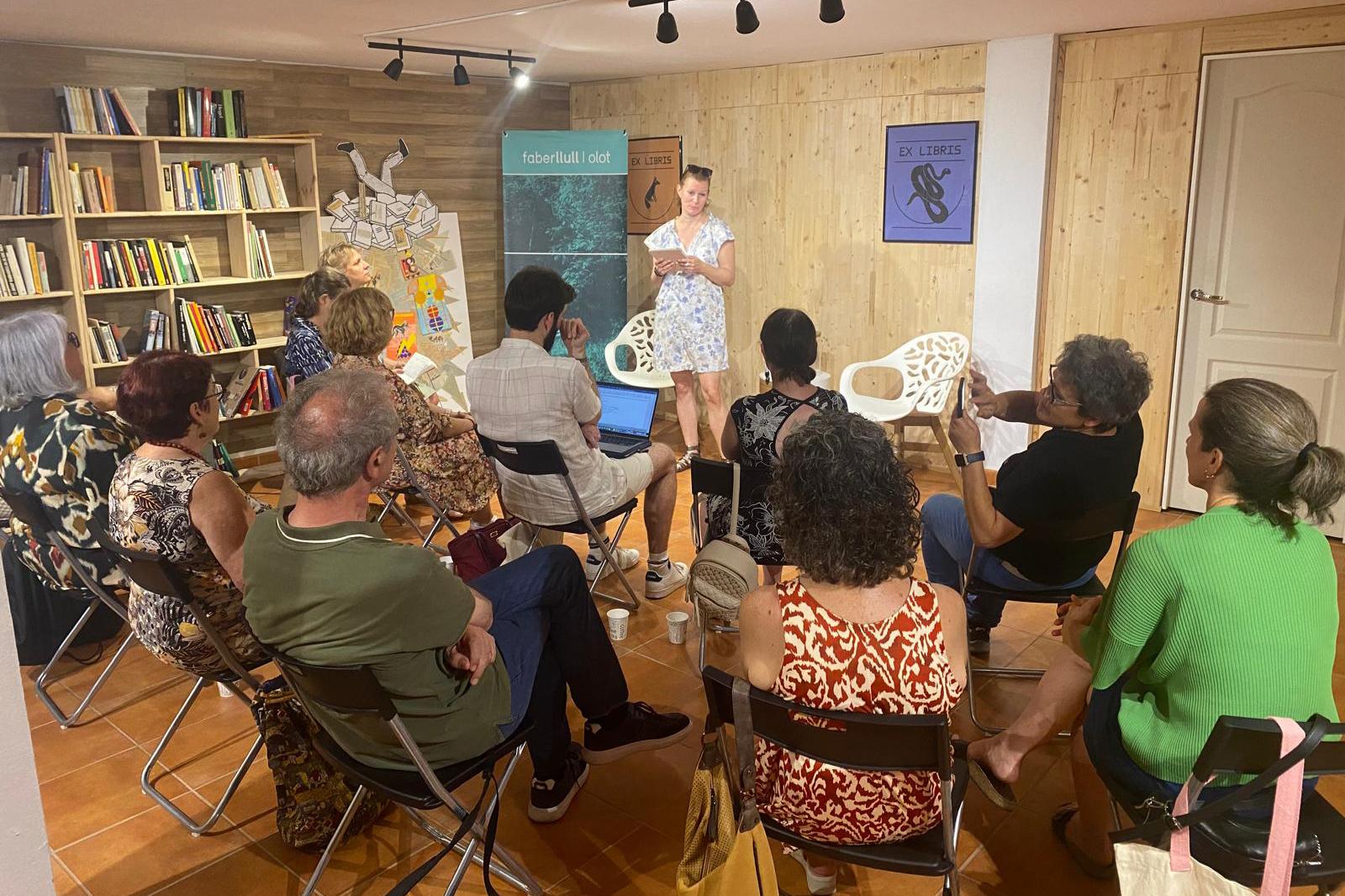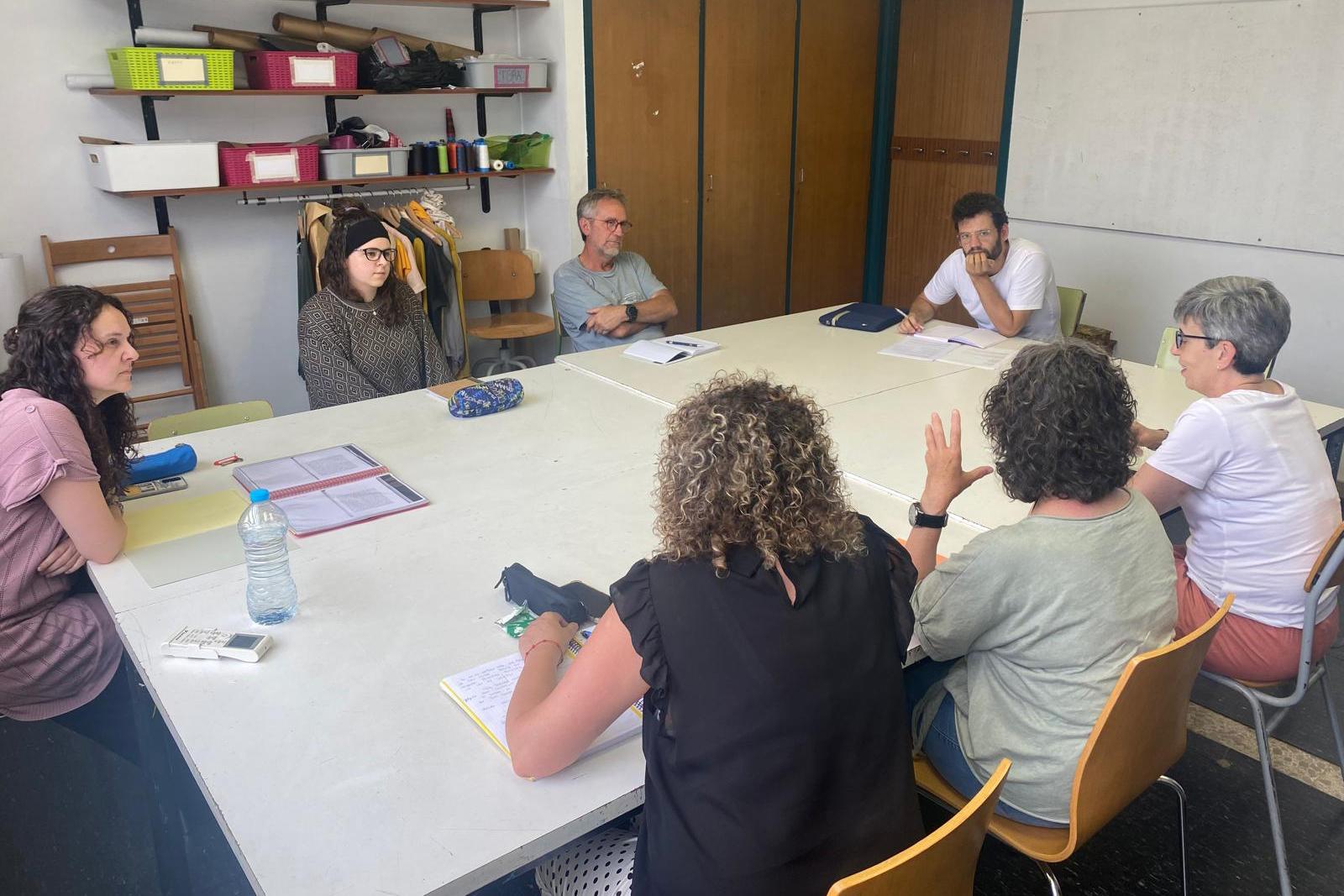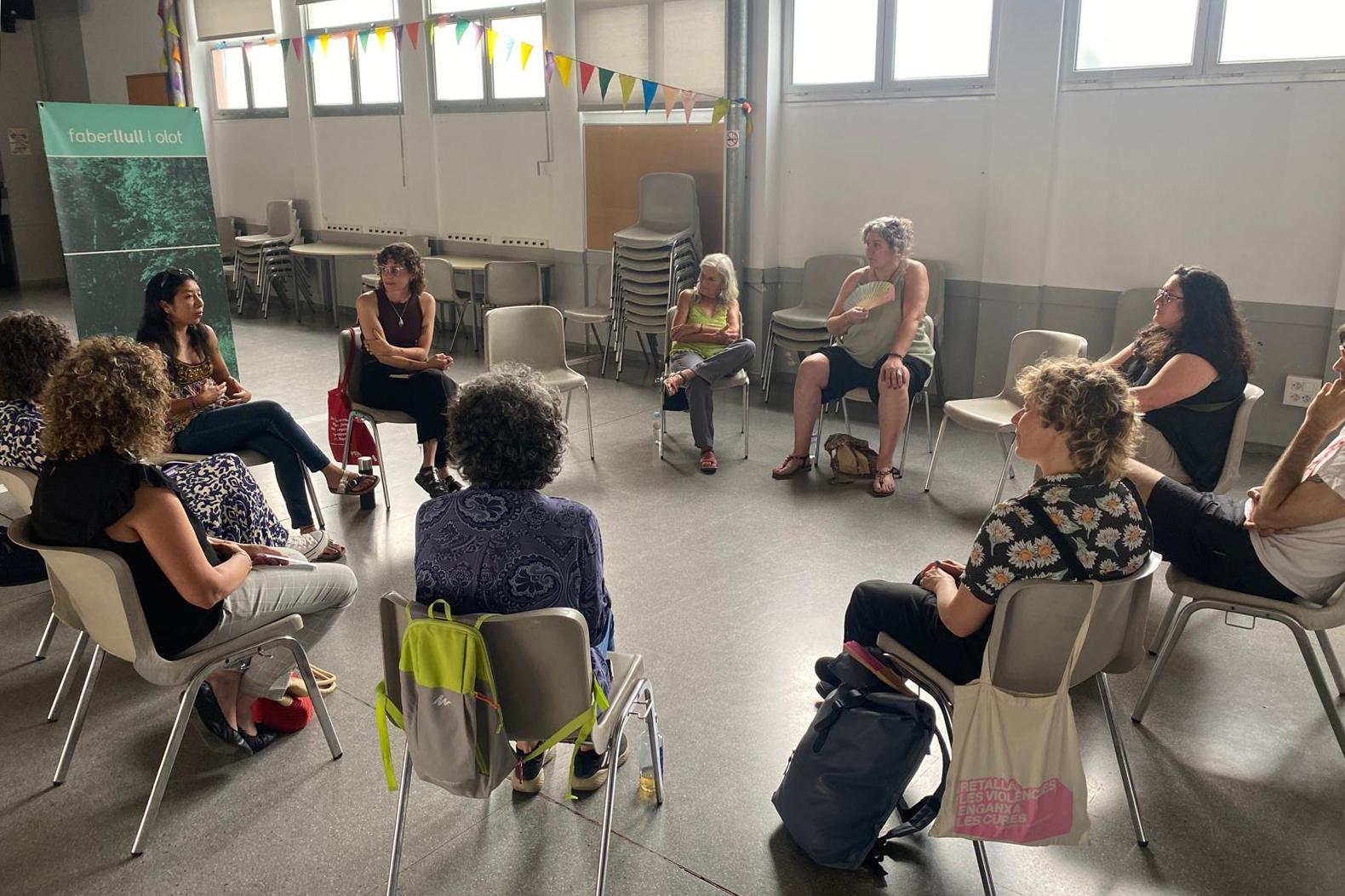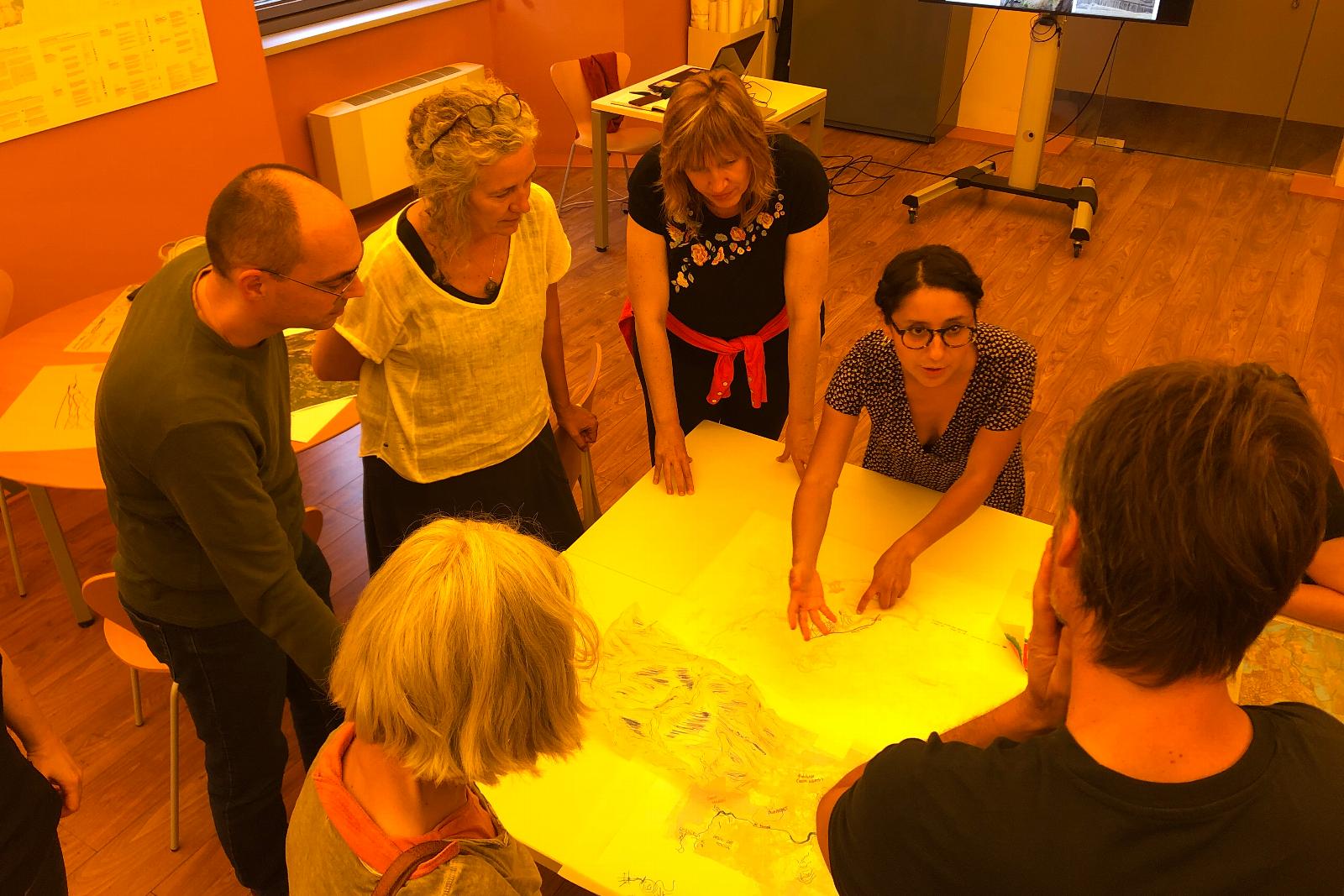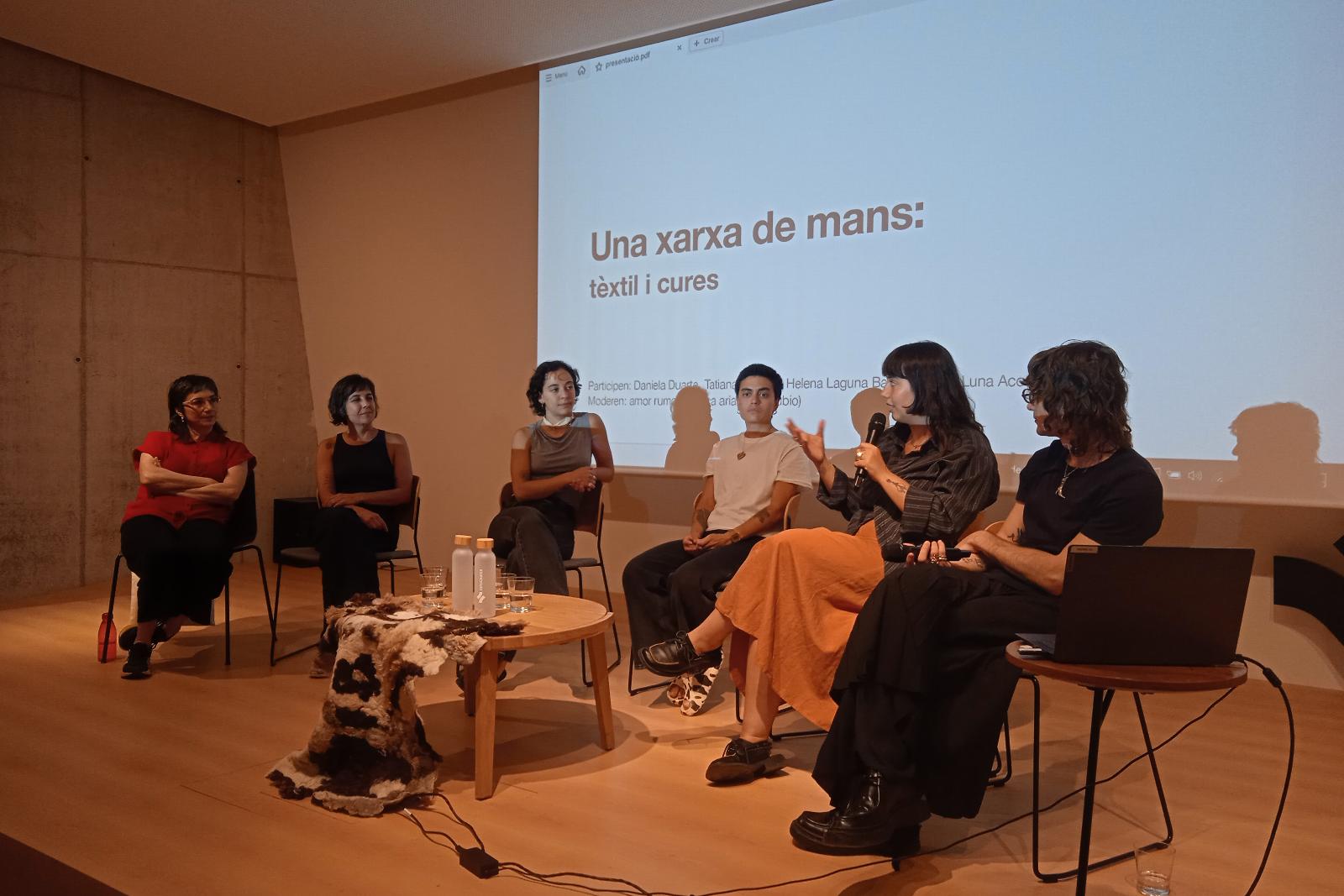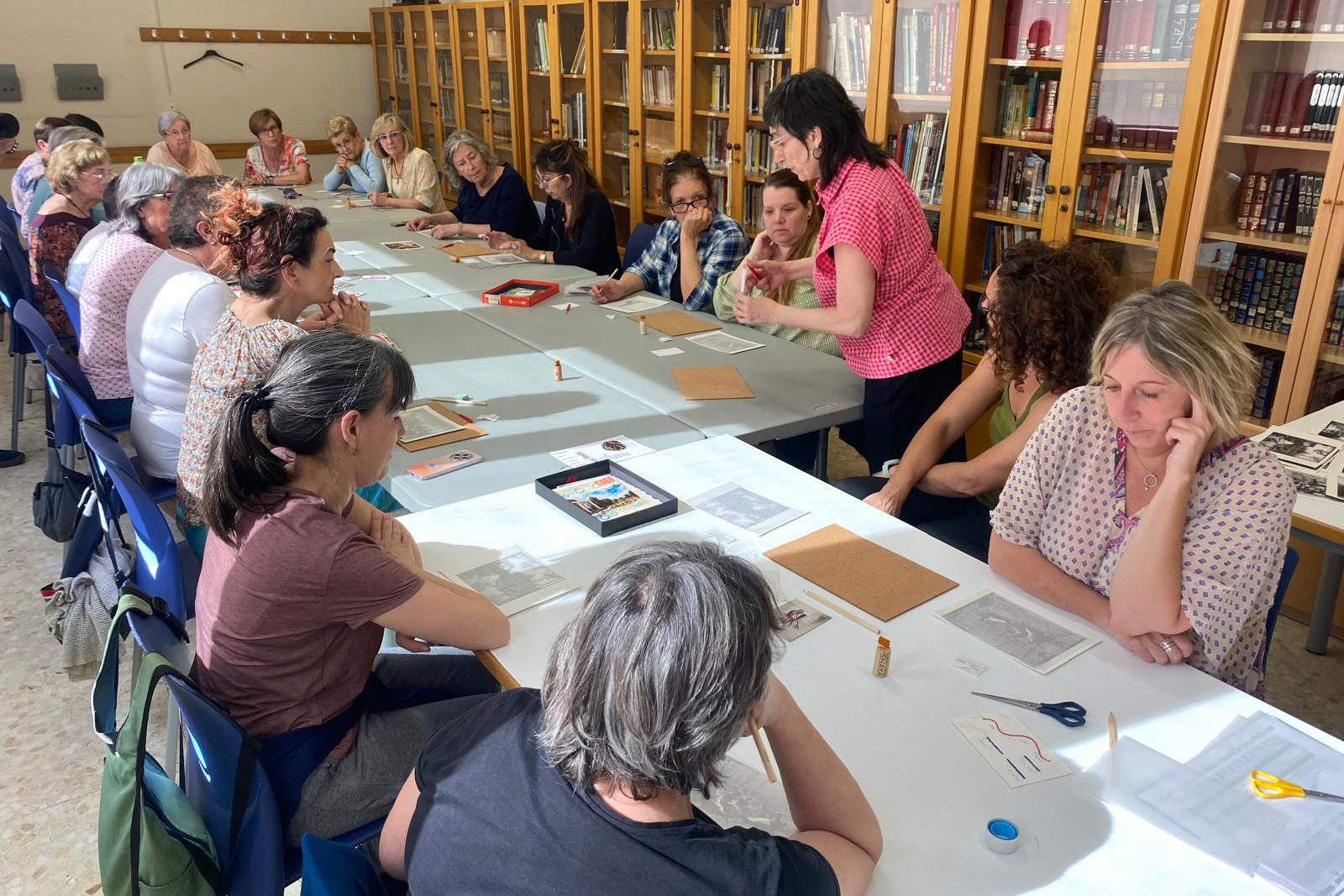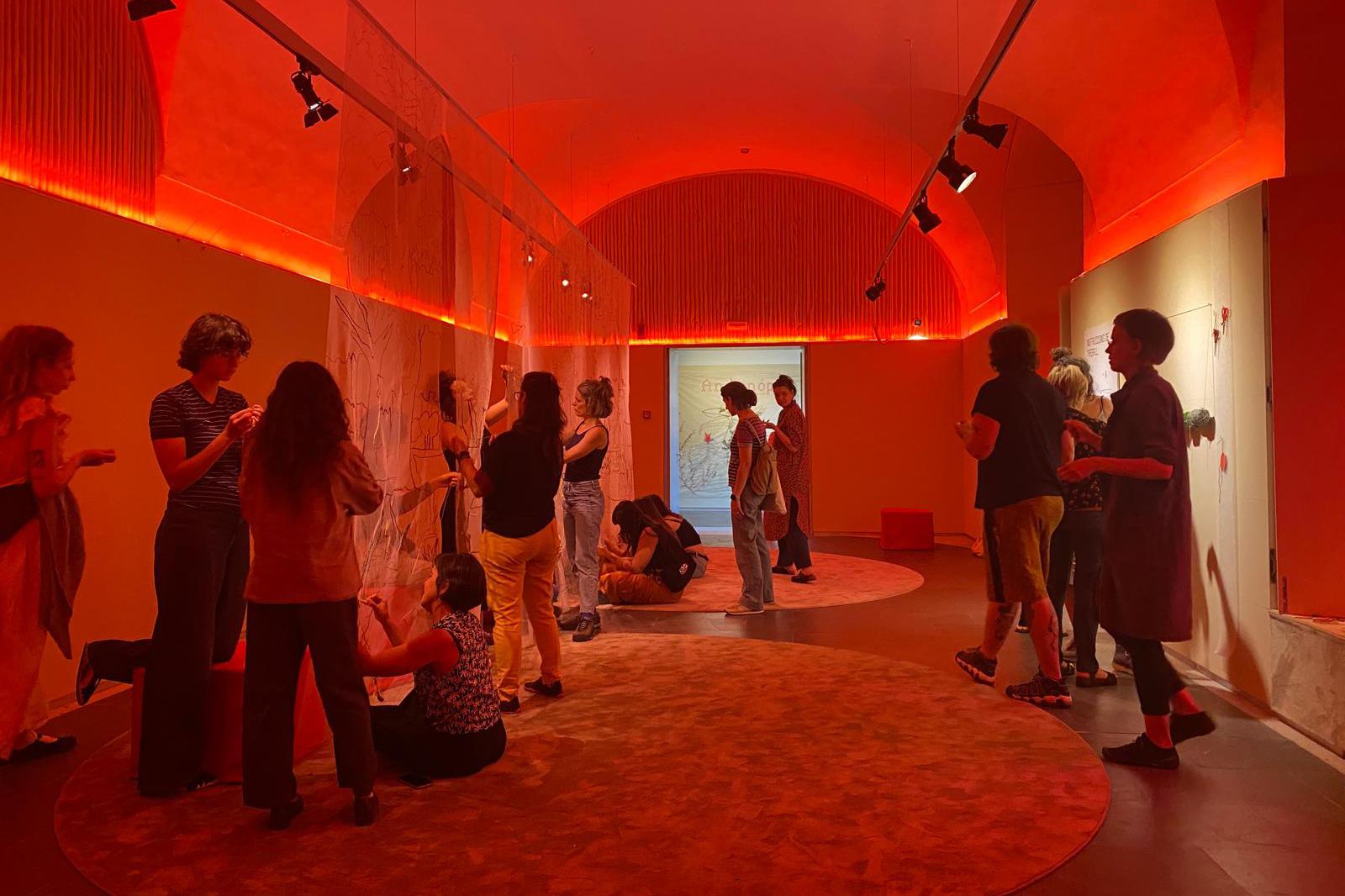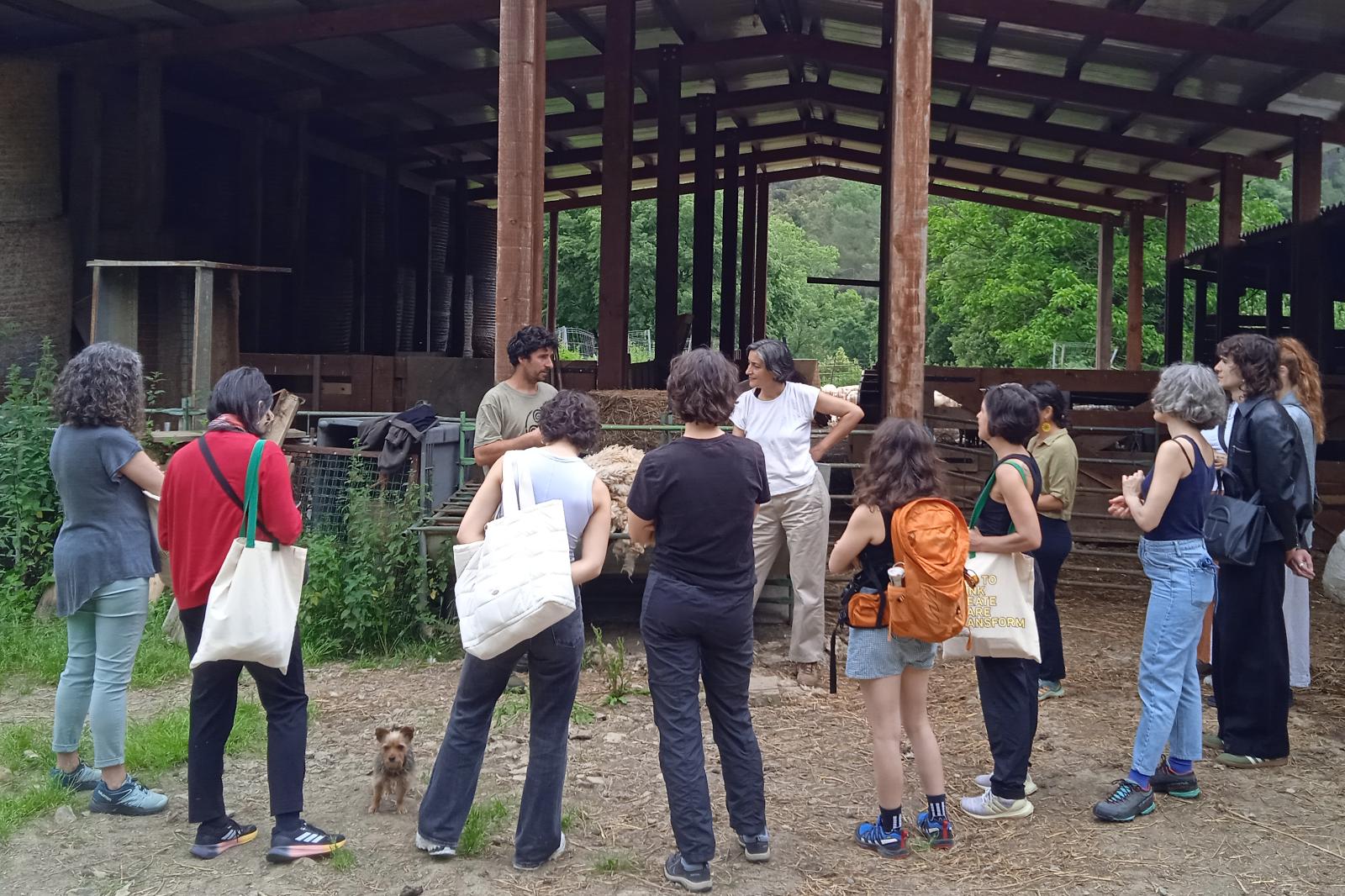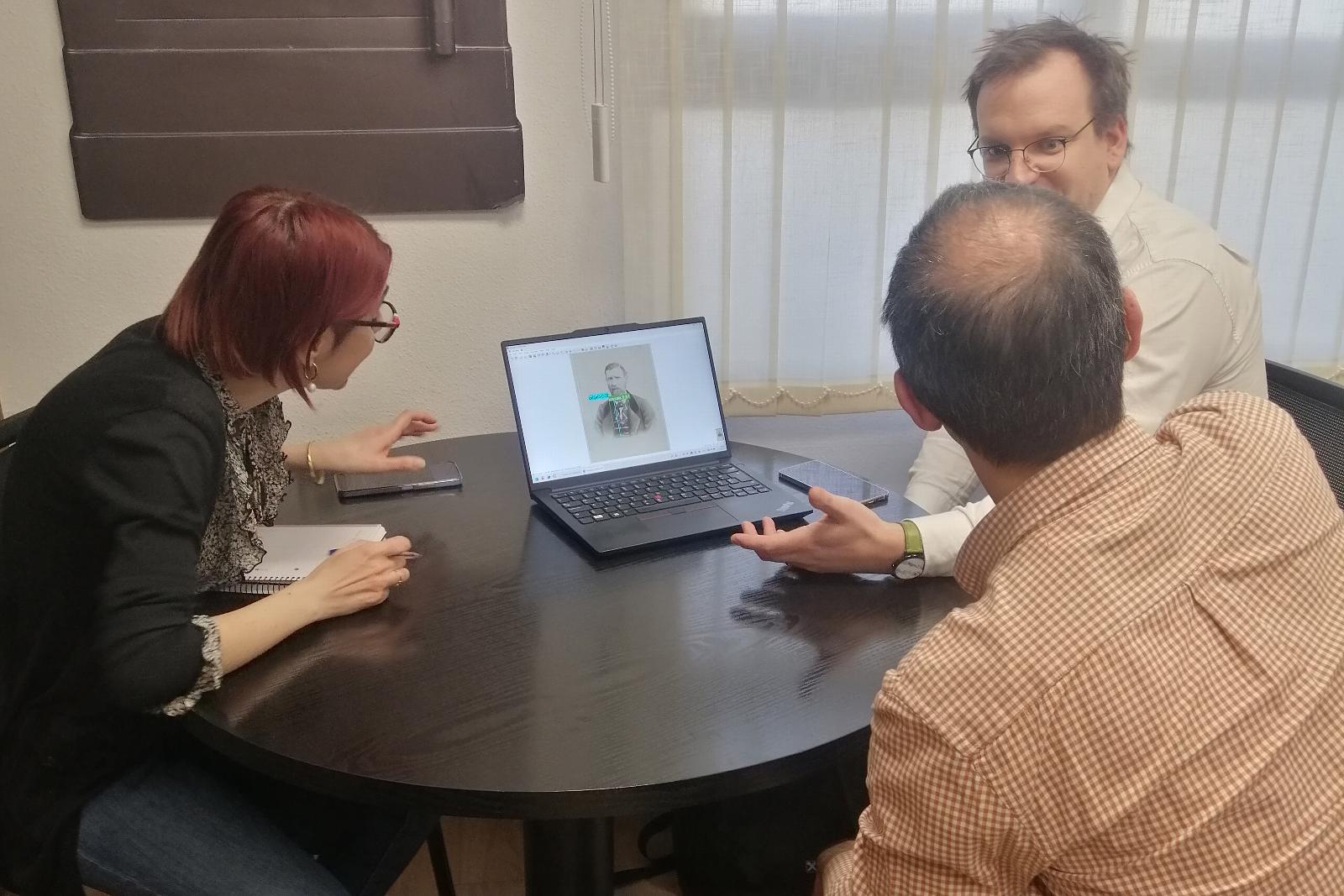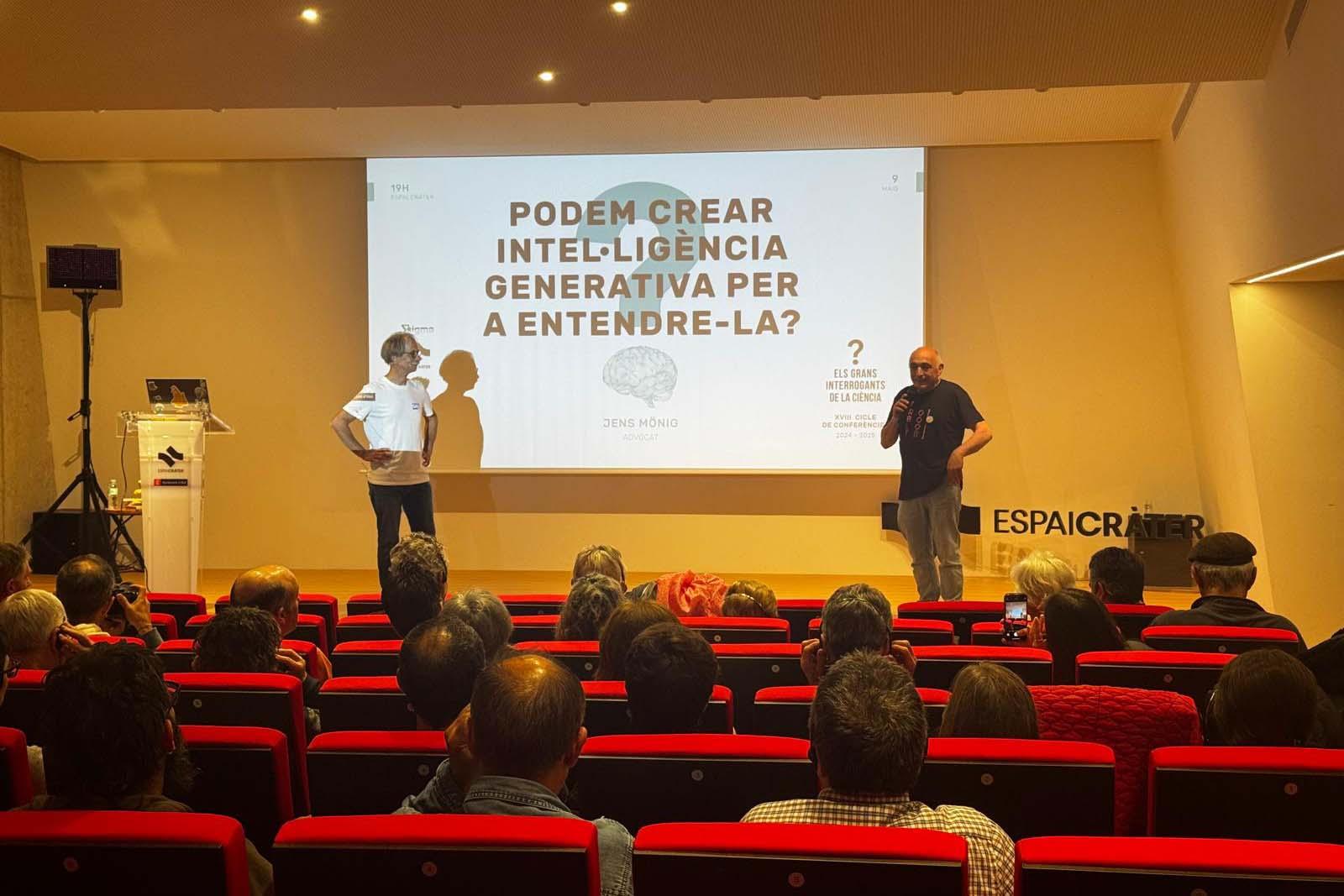What if we have more in common than we think?
Thursday, 26 October 2023 , Olot
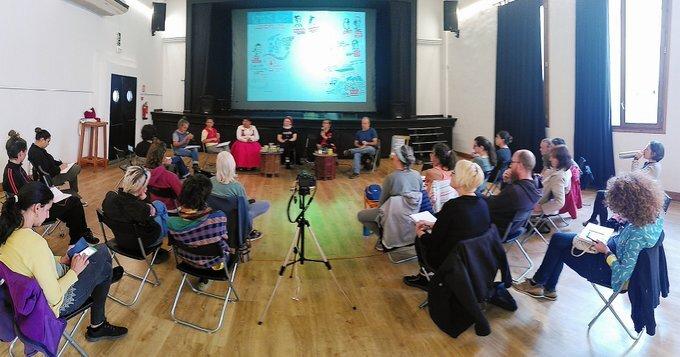
What if we have more in common than we think?
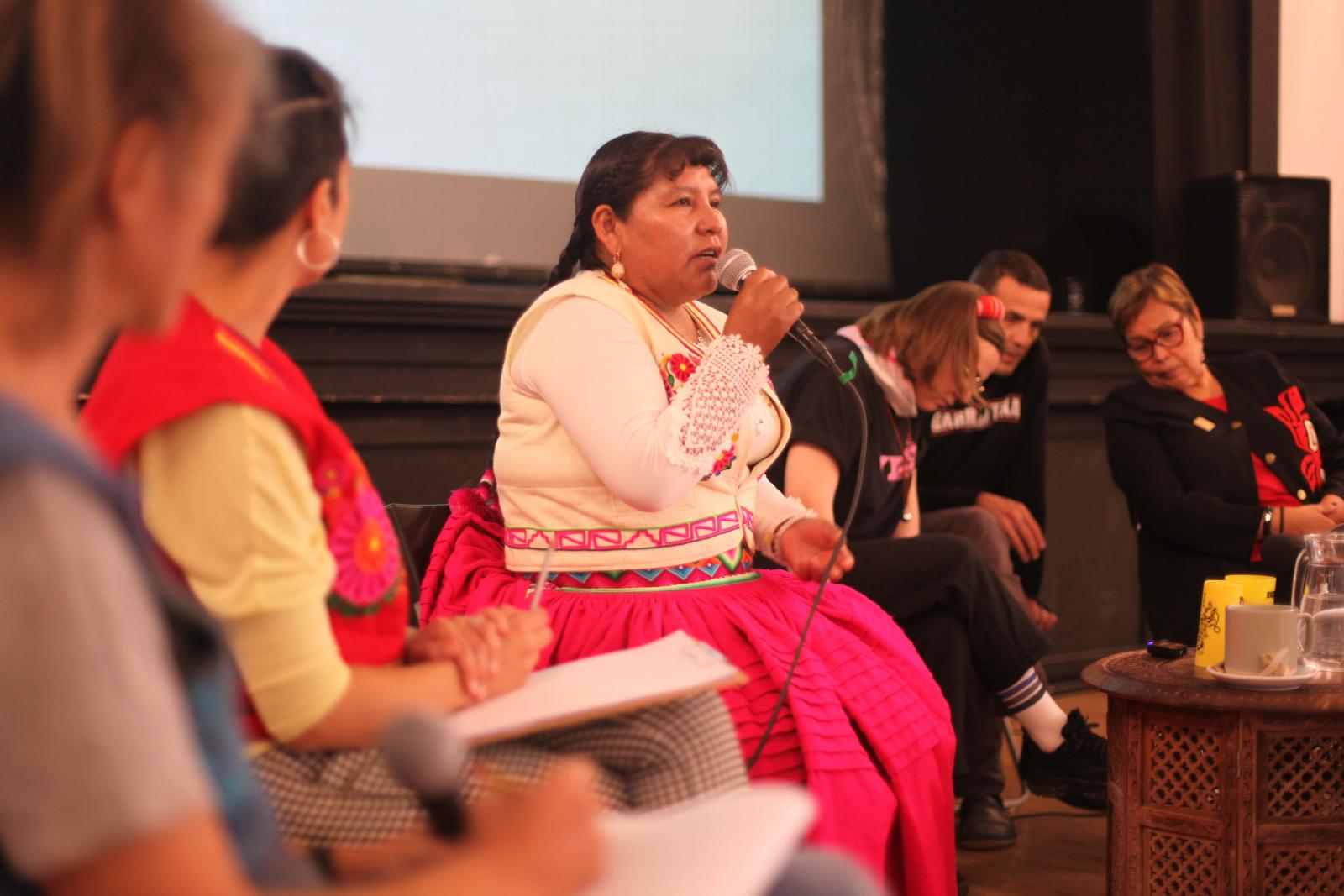
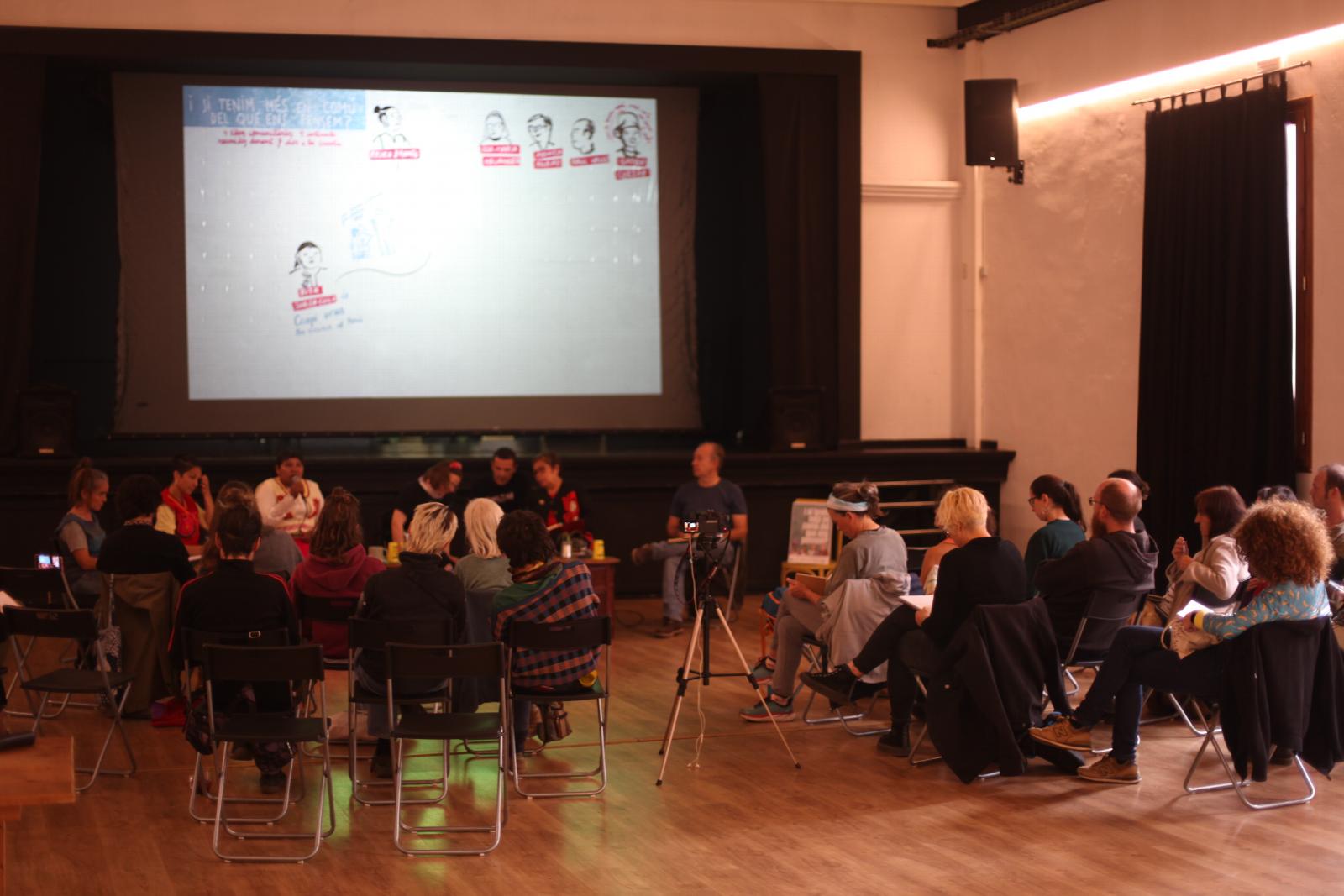
Thanks to the presence of the three residents and the moderation by Erika Zarate from Resilience Earth SCCL, we created a deep space dedicated to historical memory, addressing colonialism and violence structural that have affected the various communities throughout history. Rita Suaña told us about the experience of the children who went to the University, they called them contemptuously "the children of the water", in relation to the fact that they had no territory because they lived in the middle of the lake, with the fish and the birds . From the institutions they have always treated them as a tourist monument, not even as people.
Ida Maria Helander shared how their land was stolen from them the moment they created the formal borders of the states. The biggest impact was on reindeer pastures, as they were used to transhumance; in the summer they were in the lands of the coast and in the winter they moved to the interior forests. The borders made them have to decide which side to stay on, with which the grazing lands were reduced, all this with the addition of the current climate emergency situation. And, at the same time, with a more recent threat: the wind energy plants they want to install in the Arctic, considering it "no man's land". The reality is that it does belong to someone, it belongs to the Sàpmi town, a town that leaves no trace. For her part Mònica Mckay explained how the Indian Decree was devastating, and the specific case of Residential Schools; The state took children as young as 6 years old, some even younger, taking them from their families and taking them to schools by force. There they learned classical subjects, but half the day they were also exploited at work. They are children who stopped speaking their language, as they were physically punished if they did so. She reflected that "we were treated as if all indigenous peoples were homogenous, as if all nations were the same. It is imperative to understand and understand what happened. The residential schools were very successful in their purpose of disrupting indigenous culture, which is why it is necessary to value the testimonies, remember and promote understanding."
The night ended with a space for body expression through community dance, led by Nagore Somoza.
- Thursday October 26
- From 4.30pm to 6.30pm at Núria Social in Olot

